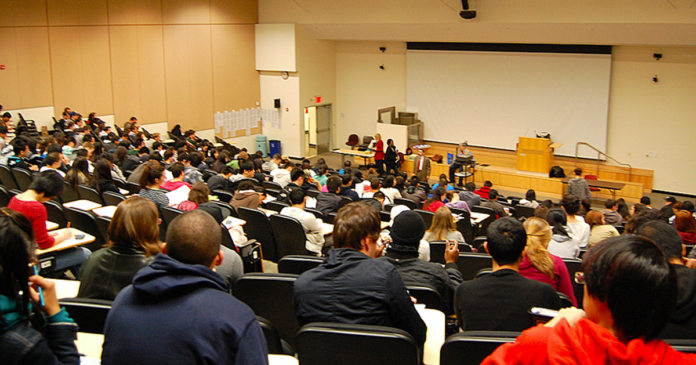A man responsible for operating a quarantine facility out of the Westin Calgary Airport hotel during the Covid-19 pandemic is being sued for allegedly misappropriating federal funds to the tune of $16 million dollars.
Federal funds were given to Sukhminder Rai, a partial owner of PHI Hospitality, so travellers could stay at the hotel while undergoing their mandatory quarantine periods from June 2020 through to October 2022.
Rai told his other partners that PHAC officials had given him money to pay for 100 rooms in their hotel when secretly he had negotiated funds for all of the hotel’s 247 rooms, according to court documents obtained by CBC News.
Rai is being sued by his partners for $18 million dollars for breach of contract, damages and conspiracy to defraud. A judge has frozen Rai’s assets for the interim period.
Rai denies any wrongdoing and said he plans to fight the allegations. None of the allegations has been proven in court.
“We intend to defend ourselves in court vigorously,” wrote Rai, in a statement to CBC News.
“The allegations of misappropriation in the court documents are completely false. This is simply a business dispute about which parties are entitled to certain money, the amount of which has been admitted to be exaggerated in the court documents, and that has been dressed up to attract attention with sensational and false accusations.”
This scheme allegedly made Rai at least $15.7 million dollars over the pandemic, money court documents claim he diverted into a separate bank account opened one month before the funding began.
Deposit records show that over the two year span, the PHAC transferred $27.74 million and $29.07 million dollars to Rai’s company.
Affidavits filed claim that only $12.05 million was ever paid to the hotel under the contract for the quarantine facility. The remaining money was funneled into several other entities tied to Rai or moved to offshore accounts.
No defence has been filed by Rai thus far and those representing the plaintiffs in the case have not made public comment.
“I can confirm Mr. Sukhminder Rai provided no satisfactory or credible explanation about the discrepancy between the PHAC funds, which PHAC reportedly paid to the Westin Hotel, and the revenue reported by the Westin Hotel itself,” said one of the hotel’s partners in an affidavit.
The other owners of the hotel said they only realized that the money was being misappropriated after the media reported on it.
“I worry that it will be impossible to trace, follow or recover any cash withdrawn,” said part owner Satnam Rai in an affidavit. “I know of no business relationship between the Westin Hotel and the related entities to justify these transfers.”
“All payments are made in accordance with these policies. The agency also has a well-established system of internal controls, designed to ensure effective controls over financial management,” wrote a PHAC department official. PHAC is not involved in the ongoing lawsuit.
During the pandemic, a number of quarantine hotels were the subject of controversy as many who were forced to use them spoke out about the extremely high cost and civil liberty concerns.
The government contracted 38 hotels across 14 Canadian cities to be quarantine sites during the pandemic. Only 15 people stayed in the Westin hotel in 2022 and it reportedly cost $453,000 per person.



























